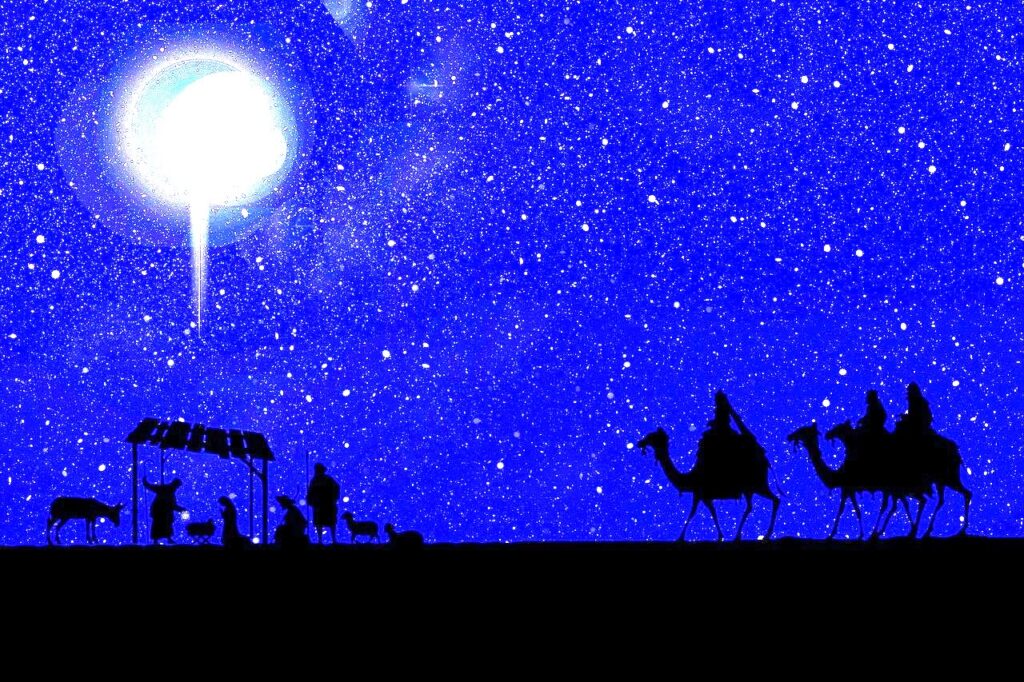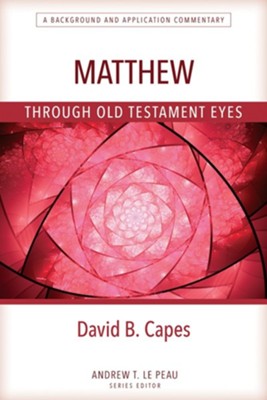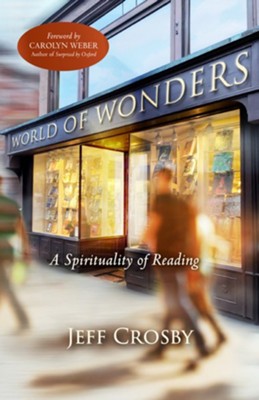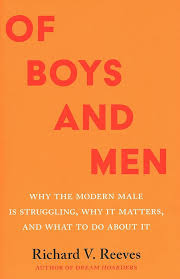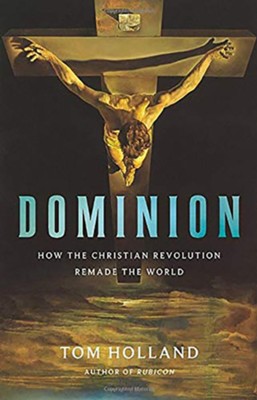The Lion, the Witch and the Wardrobe and the rest of C. S. Lewis’s Narnia series are widely read and enjoyed. Yet some have criticized them. Tolkien didn’t like the books and found including Father Christmas to be haphazard, an odd mixing of mythologies. Others have wondered why Aslan appears more in the background of several books rather than being central as he is in the first. And what about all that violence? Is it really appropriate for children’s books?
While many have suggested unifying keys for the series that answer these critics, Michael Ward’s proposal in Planet Narnia has become widely accepted. Each of the seven books corresponds to one of the seven planets and their character, as largely understood in the medieval mind. Thus the first book emphasizes the qualities of Jupiter—joviality, kingship, generosity, restoration, and so forth.
The Last Battle, on the other hand, is keyed to Saturn (in Greek mythology, Chronos), a complex figure who Lewis mostly associated with misfortune, sternness, judgment, and sorrow. In this light it is less surprising that Lewis “kills off every single character with whom the story opens” (198). Yet Lewis uses this as an opportunity to meditate on the “divine presence in human loneliness and suffering” (203) and that all the adventures the children had gone through were only “Chapter One of the Great Story . . . in which every chapter is better than the one before.”
Ward builds his thesis about the planets not just from the Narnia books themselves but from Lewis’s comments on the planets in his scholarly work, his poetry, and his other fiction (most notably, of course, his Space Trilogy).
I give Ward’s book five stars because of its groundbreaking insights, as well as the thorough and convincing way in which he supports his ideas. For those who are not academics or Lewis nerds, however, the book may seem a bit tedious. You would be excused, then, if you just read Ward’s comments on the Space Trilogy and Narnia in each chapter. The introductory and concluding chapters would also be quite worthwhile. (While I have not read Ward’s The Narnia Code, it is intended to be a shorter, less technical version of his original book.)
For all who enjoy reading and re-reading the Narnia books, Ward’s fresh observations will give greater appreciation for the depth, craftsmanship, and meaning that Lewis built into this beloved series.



